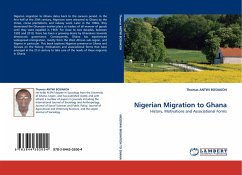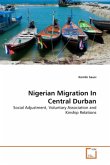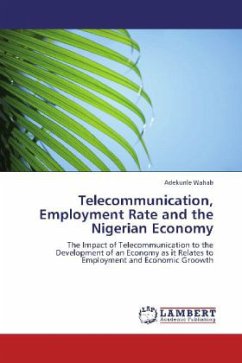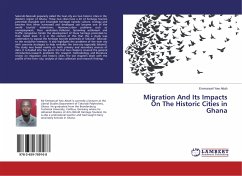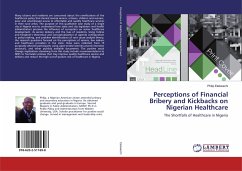Nigerian migration to Ghana dates back to the caravan period. In the first half of the 20th century, Nigerians were attracted to Ghana by the mines, cocoa plantations, and railway work. Later in the 1960s, they dominated the Ghanaian market place as traders of all manner of goods until they were expelled in 1969. For close to two decades, between 1992 and 2010, there has been a growing desire by Ghanaians towards democratic governance. Consequently, Ghana has experienced widespread immigration, mostly from the West African sub-region, and Nigeria in particular. This book explores Nigerian presence in Ghana and focuses on the history, motivations and associational forms that have emerged in the 21st century to take care of the needs of these migrants in Ghana.
Bitte wählen Sie Ihr Anliegen aus.
Rechnungen
Retourenschein anfordern
Bestellstatus
Storno

